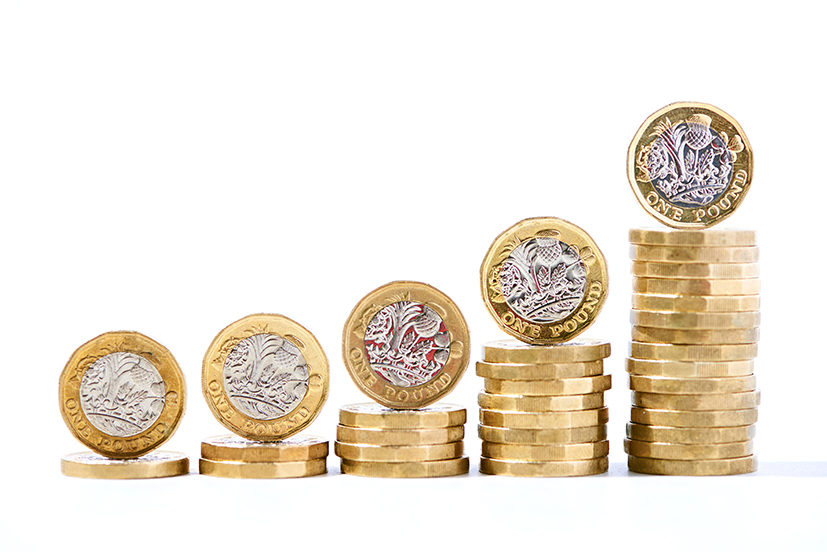After falling in April, inflation in the 12 months to May 2023 was unchanged at 8.7%, as current cost and price pressures persist, with households and businesses feeling the pinch.
Inflation had been expected to decline to 8.4% year on year, but now, to bring it under control a further interest rate rise from the Bank of England is expected by many.
Higher prices for air travel and recreational goods and services were a key contributor to inflation over the month, while this was offset by a fall in the cost of petrol and food prices not rising quite as quickly as they have been.
ONS Chief Economist, Grant Fitzner, said: “After last month’s fall, annual inflation was little changed in May and remains at a historically high level.
“The cost of airfares rose by more than a year ago and is at a higher level than usual for May. Rising prices for second-hand cars, live music events and computer games also contributed to inflation remaining high.
“These were offset by a fall in the cost of petrol. Food price inflation remains high, but the rate has eased slightly this month with costs rising more slowly than this time last year.”
Meanwhile core inflation – which takes out of consideration volatile items like energy and food costs – disappointingly rose in May to 7.1% from 6.8%, the highest reading since 1992.



